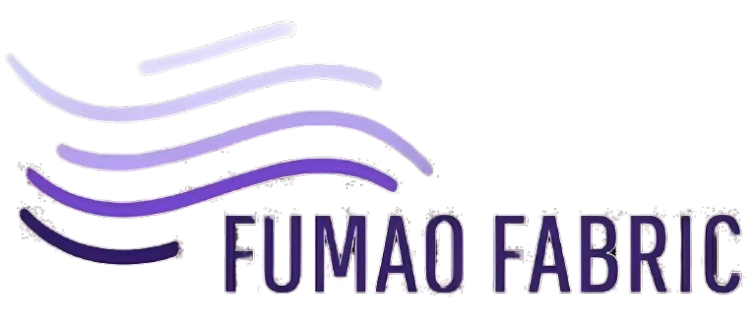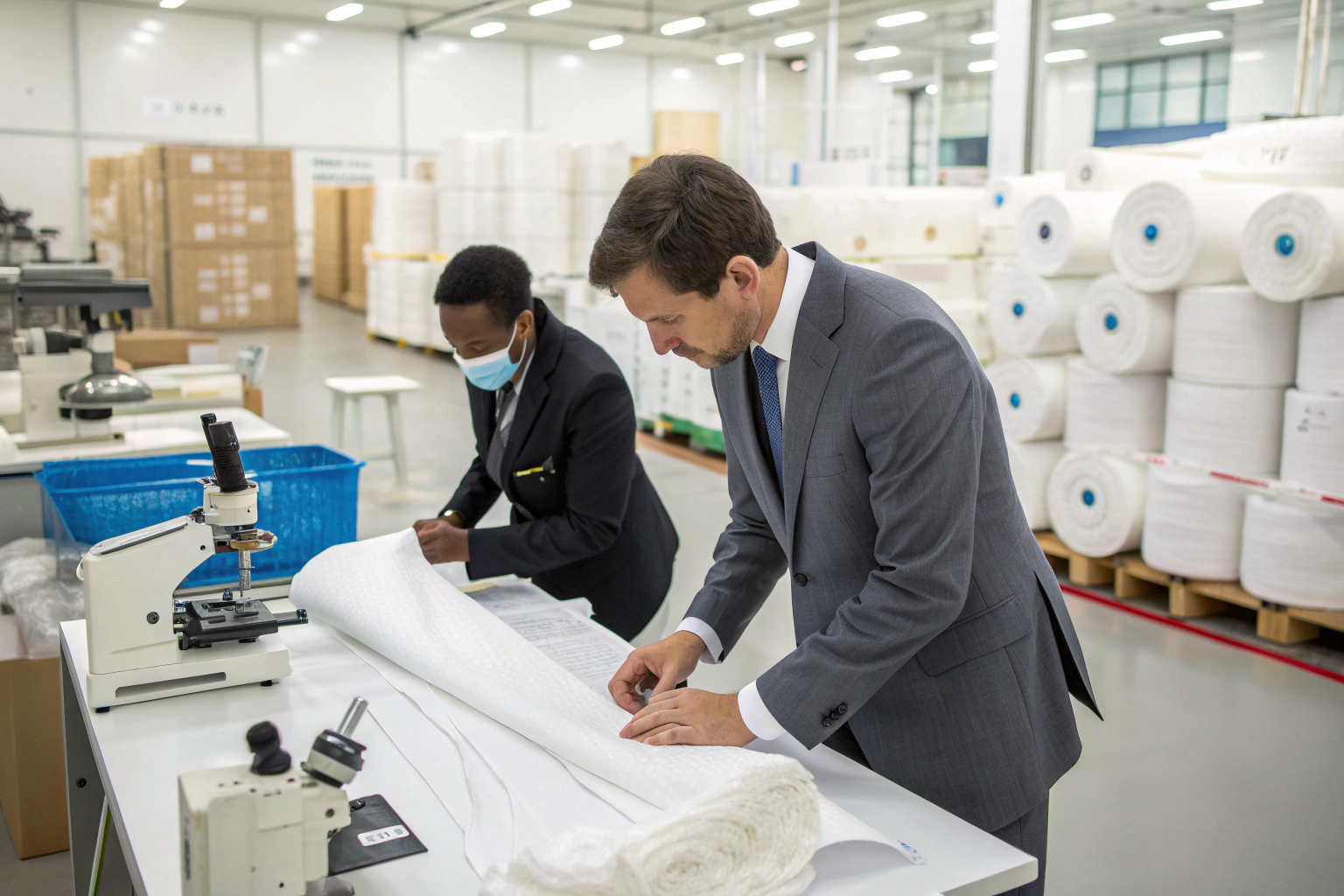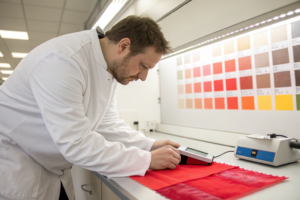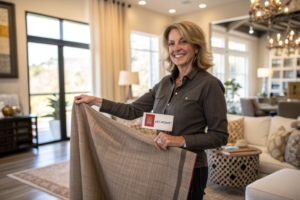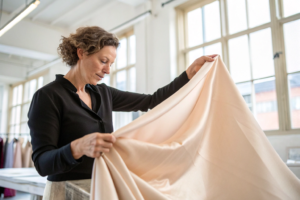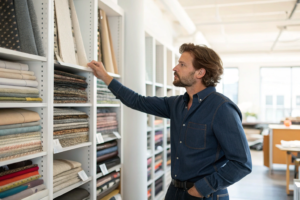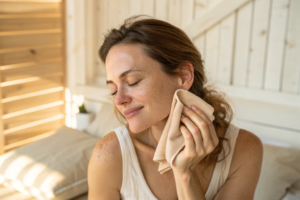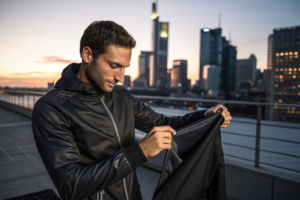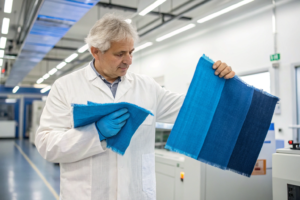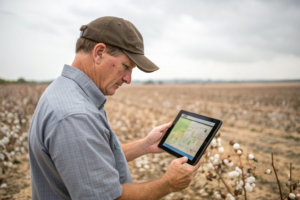When sourcing medical textiles for hospitals, protective clothing, or healthcare products, the most critical issue is safety. Many buyers struggle with suppliers who cannot provide recognized certification. This creates delays, rejected shipments, and unnecessary risks. Without trusted proof of compliance, even a good-looking fabric may be unusable in medical applications.
The solution is to select textiles that have passed ISO 10993-5 testing and are certified non-cytotoxic. This means the fabric does not release chemicals that damage living cells, which is a key requirement for safe use in medical products. For buyers in the U.S. and Europe, these certifications are often mandatory and help reduce problems at customs or with healthcare distributors.
The challenge is knowing how to identify real certifications, confirm test results, and find reliable suppliers. In this article, I will explain the certification process in simple terms, show you how to check supplier documents, and give you practical steps for safer sourcing.
Why Is ISO 10993-5 Certification Important?
Many suppliers use the term “medical grade” loosely. Buyers may believe the fabric is safe, but without ISO 10993-5 certification, there is no proof. Imagine ordering thousands of meters of fabric only to discover later that it fails health checks. This could cost money, time, and even harm your business reputation.
ISO 10993-5 is the international test that confirms a material is safe for contact with human cells. The test places fabric in a solution and applies it to mammal cells. If more than 70% of the cells remain healthy, the fabric passes. This certification protects buyers and ensures products meet medical standards globally.

Buyers should not rely only on supplier claims. Requesting official test reports and understanding the meaning of results is the only way to avoid risk.
How Does ISO 10993-5 Testing Work?
The test checks whether the fabric releases toxic substances. The fabric is soaked in a fluid, and this fluid is then applied to living cells. Accredited labs like SGS and Intertek perform this service. Passing results mean the fabric is safe for use in products such as masks, gowns, and bedding.
What Fabrics Typically Need This Certification?
Common examples include surgical gowns, bandages, hospital sheets, and implantable mesh. Reliable suppliers such as Hohenstein and Wujiang TTK Textile already provide ISO 10993-5 certified products. If you need nonwovens, coated fabrics, or blended textiles, you should always ask for certification.
How to Verify Supplier Certifications?
Even if a supplier shows you a report, you must check if it is real and valid. Some reports may be outdated or copied. This is common in online trade platforms.
The safest option is to look for reports from well-known labs issued within the last 2–3 years. The document should clearly show the test method and a result of “non-cytotoxic.” With this, you can avoid hidden risks before finalizing the order.

By learning how to read certificates and ask the right questions, you gain more control in supplier negotiations and ensure safer sourcing.
What Should You Look for in a Report?
The report must show: the testing lab name, method used (such as MTT assay), and the cell viability percentage. For example, labs like Tecolab explain that more than 70% viability means “non-cytotoxic.” Always check that the report matches the exact fabric you want to buy.
Which Labs Are Trusted Globally?
Labs like TÜV SÜD and SGS are accepted worldwide. Customs and regulators trust their reports. Suppliers who test with these labs make your sourcing process easier and safer.
Where Can Buyers Find Reliable Suppliers?
Online platforms are full of suppliers, but many exaggerate their claims. This is why professional buyers prefer trade shows and trusted directories.
The best option is to source from verified suppliers who already work with international certifications. For example, Mayser BLUEFOAM® is a material already tested safe for medical use. Searching through professional databases and trade fairs helps you connect with reliable partners.
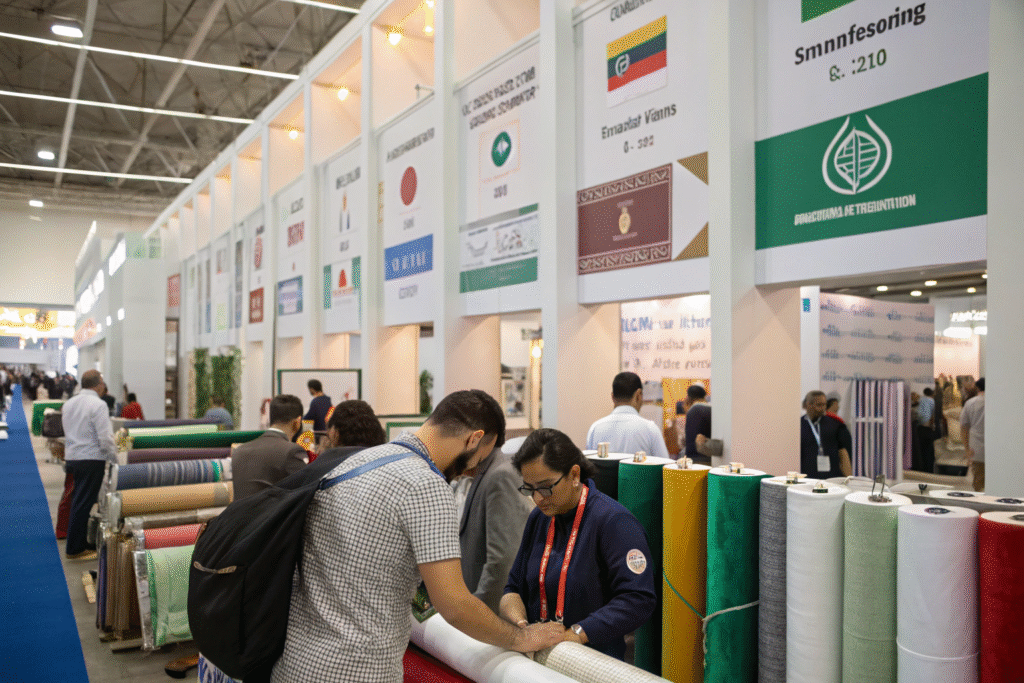
By choosing the right sourcing channel, you reduce risk and save time in identifying suppliers who can deliver what you need.
What Are the Best Sourcing Channels?
International fairs such as Medica Trade Fair in Germany are excellent platforms to meet certified suppliers. Online directories like Textile Exchange also list companies with certifications.
How to Ask for Proof Online?
When contacting suppliers on Alibaba or other platforms, ask for ISO 10993-5 reports and check the lab and issue date. If the supplier cannot provide valid proof, it is better to find another one. Reliable suppliers are transparent and willing to share documents quickly.
What Production Standards Should Suppliers Follow?
Certification is one part of the process. Buyers must also ensure that suppliers follow proper production standards. Without this, fabrics may vary in quality even if they are certified once.
Good suppliers operate under ISO 13485 quality systems and clean production conditions. This keeps every batch consistent and safe. Buyers should also confirm how fabrics are packed and stored before shipping.
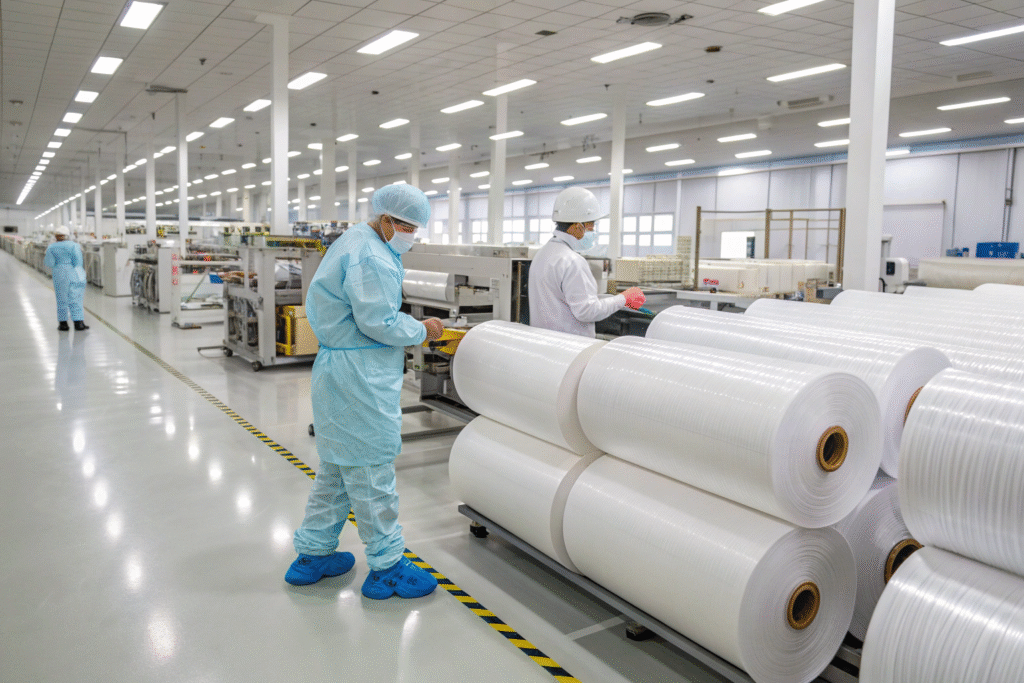
By combining certification with strong production standards, buyers can be confident their goods will pass inspections anywhere.
Why Is ISO 13485 Quality Standard Important?
ISO 13485 is the global system for medical production safety. As noted in FDA guidance, it ensures consistent and safe production. Buyers should ask if their suppliers follow this system before placing orders.
What About Logistics and Documents?
Suppliers should provide full shipping paperwork, including test reports, certificates of origin, and customs clearance documents. Companies like Integer show how detailed compliance documents help avoid delays. This ensures smooth import and faster market entry.
Conclusion
Sourcing ISO 10993-5 cytotoxicity-free medical textiles is about more than price. It is about safety, compliance, and long-term trust. Buyers who learn how the certification works, verify supplier documents, and choose factories with strong quality standards can build safer supply chains and grow their businesses with confidence.
At Shanghai Fumao, we specialize in producing and exporting certified medical textiles. If you want to develop your own fabric solutions with compliance guaranteed, contact our Business Director Elaine at elaine@fumaoclothing.com. We are ready to support your next project with professional, safe, and globally accepted fabrics.
